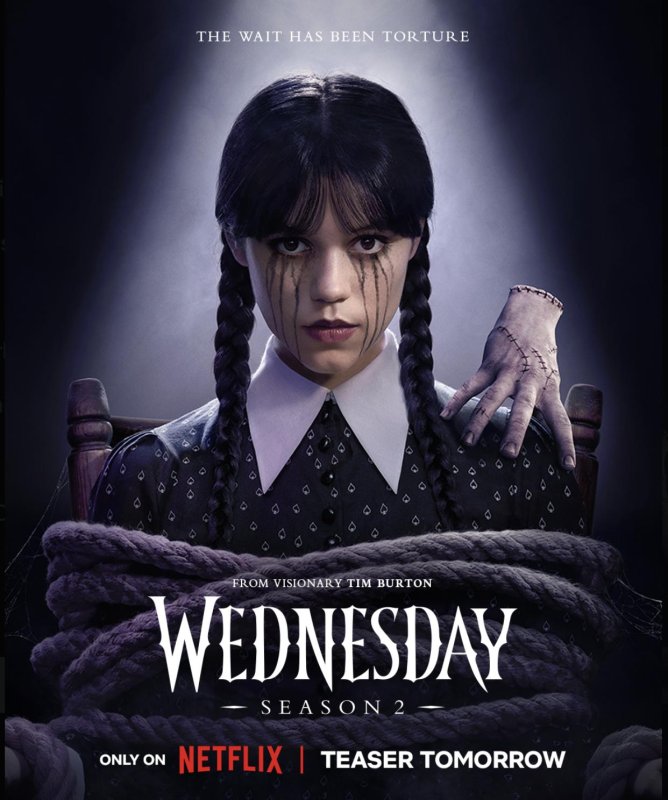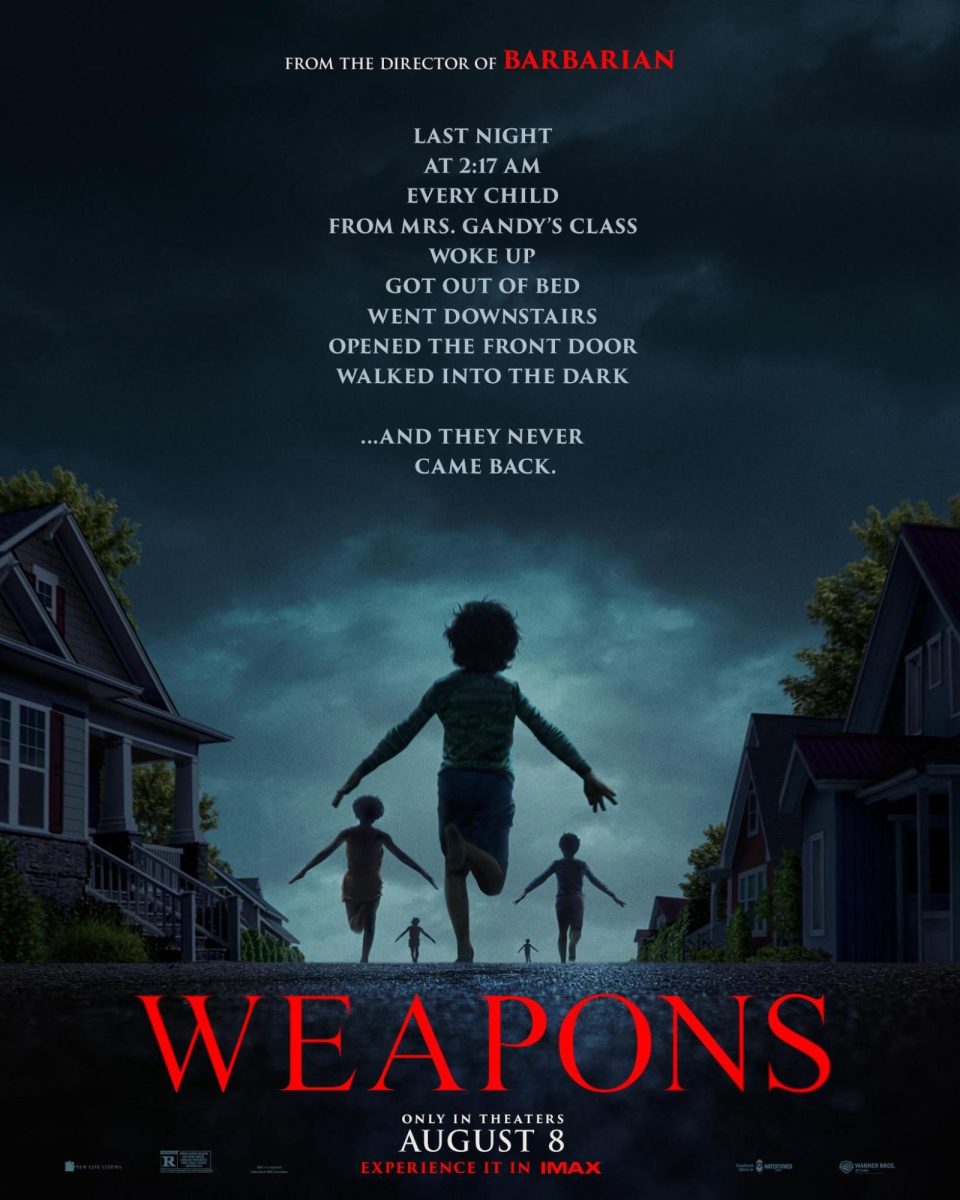Having to contend with an era of problematic management of Star Wars, “Andor” has been a delightful exception to my pain. When I watched the first season of the show, it was stunning in several ways: a careful plot, compelling antagonists and fantastic worldbuilding. This second season continues most of that brilliance, just with a few choices with which I take issue.
The greatest improvement in “Andor” compared to other Disney shows is the presence of an independent plot. Season two features characters from the films such as Krennic and Mothma, yet they are generally leaders who only interject when issuing orders, not taking the plot in a different direction such as Tarkin in Bad Batch.
Without spoiling too much, the Imperial leadership needs to destroy a planet for its minerals, under a pretense of legitimacy. Cassian Andor’s main enemy is his distrust for Luthen and the Yavin base in equal measure, along with a need to keep Bix by his side. If the first season was about joining the alliance, the second is about the cost of staying. However, Bix holds back Andor beyond what is reasonable.
Another strength the second season of “Andor” possesses is the quality of antagonists. Syril Karn, after losing his policing career in season one, is desperate to regain some modicum of power by turning into a sycophant for the Imperial Security Bureau (ISB). His interactions with ISB officer Dedra Miro are brilliant in their awkwardness, since Miro is using Syril, and attempts at feigned attraction end with Syril’s mother falling for it.
ISB’s other characters are still present, with the same disdain for one another that made Dedra so reckless in the first season. A desire to find her prey succeeds andthen backfires to a spectacular extent, and Krennic’s fanatical determination from “Rogue One” come back into play. Honestly, I wonder why other shows haven’t featured middle-managers committing crimes and lies, rather than exercising simple greed, since the concept worked so well in “Andor.”
As for the characters, I find only excellence. The major surprise was with Luthen and Kleya. Giving Luthen a backstory, rather than peeling away elements only related to spying, pulls the audience towards the character. People might argue that keeping the enigmatic helper of the protagonists distant, is more effective, since the audience learns to fear the helper more than the enemy. Kleya is the replacement ghost. Rather than offering hints of a backstory, the writers give her nothing, leaving only Luthen’s anger personified in her body. Just like the first season, this one has a whole tenth episode dedicated to Luthen, not Andor, and it pays off.
Worldbuilding in this season takes a backseat compared with the first. Yavin is new to the story, and we get a glimpse of barracks, yet this planet was in “A New Hope” to begin with. Ferrix was a compelling location in the first season, and we get none of it. Neither of Mothma’s residences are interesting, and Ghorman is too overrun with Imperial security to really get a culture of its own, save for the language.
Arguably the largest problem is Saw’s Partisans. There is a pointless subplot which lacks the fatalistic attitude of Luthen and a purpose beyond using a character from Ferrix.
Overall, I felt that “Andor’s” season two lacked some of the novelty of what came before. However, there is an increase in the brilliance of the antagonists through the appearance of Krennic to make this season a worthy successor to the first.








